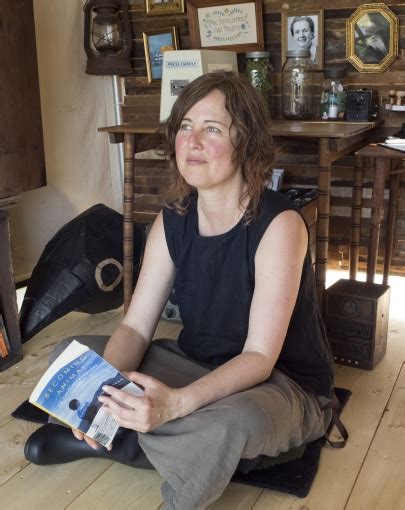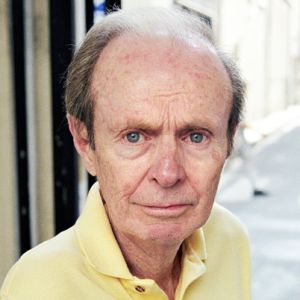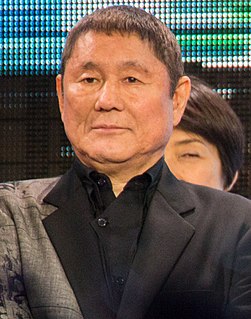A Quote by David Lowery
I learned to not separate writing, shooting, and editing, it's all sort of one big mess of creative output.
Related Quotes
All three parts of filmmaking [writing, shooting, editing] contribute to rhytm. You want the script to be a tight as possible, you want the acting to be as efficient as possible on the set, and you have enough coverage to manipulate the rhythm in the editing room, and then in the editing room you want to find the quickest possible version, even if it's a leisurely paced film. I definitely in filmmaking more and more find writing and directing a means to harvest material for editing. It's all about editing.
For a while the creative writing community sort of sprung out of places like Iowa and Syracuse. The graduates sort of went out, and they would found creative writing departments in the little colleges where they went, and then some of those would found other ones. I mean every college has got a creative writing department, so where are the jobs coming from? There are not any jobs out there.
Separate out the creative act from the act of editing and execution. Make it a two-step process. First, let ideas flow and encourage EVERY idea to make it to the whiteboard. Don't criticize, judge, edit, budget, or worry. An idea on the wall can't hurt anyone, so let them rip without restriction. After any and all ideas have the opportunity to "come out to play", only then should you apply your analytical and logical side to the effort. Don't mix the creative process with the editing process or you'll kill your ideas before they even get a fighting chance.
Anyone who's taken a lot of creative-writing classes, or taught creative writing, has learned to dread a certain kind of manuscript. It's long, for one thing. It has irritatingly small type; it's grammatically meticulous when it comes to everything but punctuation, for which it has developed its own system of Tolkienic elaboration.
If you make a film, that magic is not there, because you were there while shooting it. After writing a film and shooting it and being in the editing room every day, you can never see it clearly. I think other people's perception of your film is more valid than your own, because they have that ability to see it for the first time.
Writing is so... I don't know, it's such a practice, and I feel very unpracticed in it, because I'm not doing it every day. And I really need to do it every day. In other words, you spend all this time writing a movie, and then you stop, and then you're shooting the movie, and then you're cutting, and a year and a half goes by, because in the editing room, you're not writing.
Comparing filmmaking to a plastic model, shooting is the process where you mold and color each piece, and editing is where you build a finished whole from the pieces you molded and colored. Obviously, the latter is the most enjoyable part in the making of plastic models, so editing is the process in filmmaking I enjoy the most. But at the same time, editing can be a painstaking task, too.




































